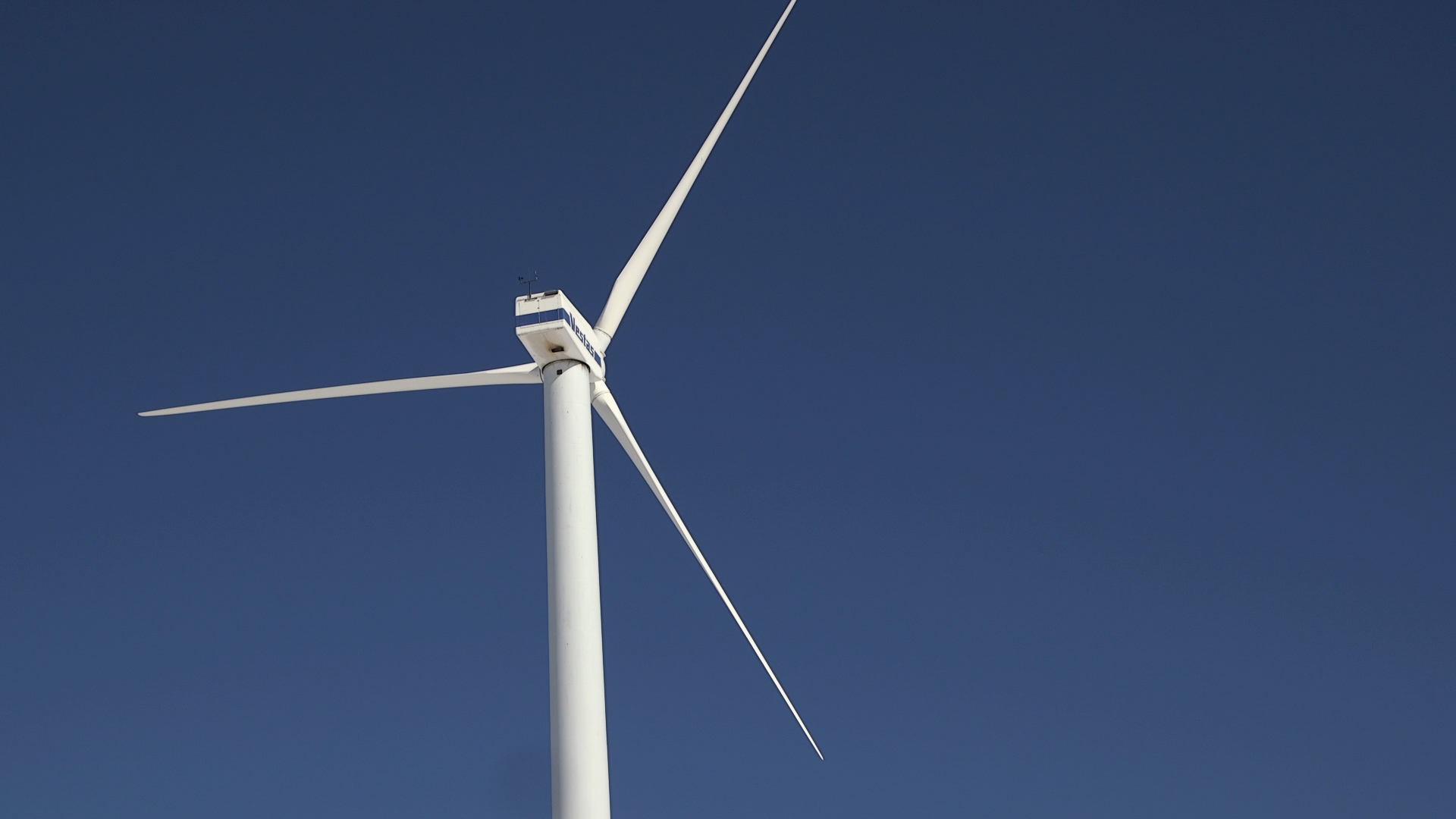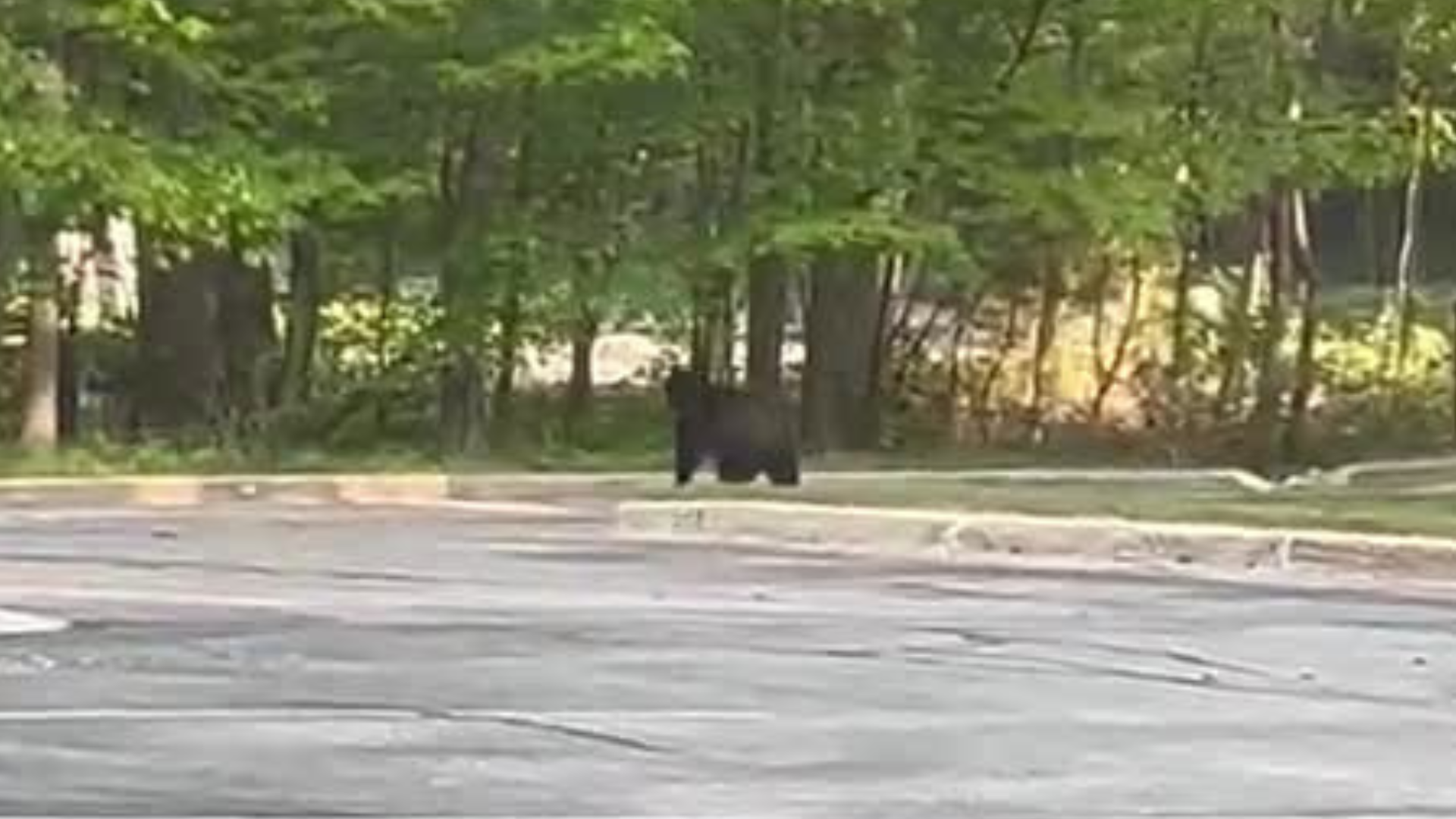Michigan is at an inflection point for climate policy, according to a Northern Michigan environmental activist.
Peter Sinclair, a videographer who has worked in environmental advocacy for 30 years, said at a virtual event last week that Michigan is one of the main areas where climate policy will take on an outsized role in the coming years. The event was hosted by the Northern Michigan Environmental Action Council.
“Right now, we in Michigan are kind of in the global crosshairs as being one of the key places where solutions will either be implemented or be severely hampered and delayed,” Sinclair said.
Since retaking control of the state government in 2023, Democratic lawmakers have passed significant policies tackling climate change and fossil fuel use in what Sinclair calls some of the country’s most ambitious legislation of its kind.
The package of laws, signed by Gov. Gretchen Whitmer last year, requires energy producers to shift to 100% renewable sources by 2040 and allows a state agency to override local zoning authorities that deny proposals for large-scale solar and wind projects.
Sinclair compared the legislation granting land owners rights to sell or lease their property without being blocked by local authorities to the Voting Rights Act protecting the rights of Black voters following segregation.
“When people’s voting rights were being violated, a time came when the federal government said ‘no, you can’t do that anymore,’” Sinclair said. “Just the same way here — the state has stepped in and said ‘no, we’re going to protect farmers’ property rights for legal use of land.’”
Michigan has also seen notable opposition to clean energy efforts, Sinclair said, with Republican lawmakers remaining opposed to the measures and local and national interests working to influence renewable energy adoption.
Roger Johnson, a planning commission chair in Lenawee County, is leading an effort to repeal the renewable project approval policy with a ballot proposal this November. The campaign needs to collect at least 356,958 signatures in the next few months to go before voters in the general election.
Johnson said in January that the policy applies too broadly to different communities across Michigan.
“Michigan is such a diverse state,” he said. “Local folks can go to their representatives for the groups that make these decisions and voice their opinion. Then decisions can be made based on local interest.”
Sinclair also addressed the idea of Michigan being a “climate haven” that could be insulated from some effects of climate change due to its fresh water access and often temperate weather patterns.
“A lot of people have talked about an expectation that people are going to start to move from Michigan to somehow escape the worst effects of climate change — that really hasn’t started happening yet,” Sinclair said.
Instead, some of the states expected to be most heavily impacted by warming temperatures and rising sea levels — Nevada, Arizona and Florida — have seen significant growth in recent years. Adding to Michigan’s woes, Sinclair highlighted various extreme weather events that have impacted the state over the last year.
Wildfire smoke from Canada clouded Michigan’s skies for multiple days last summer, at points reducing local air quality to levels usually only seen in extremely dense urban areas.
Over the winter, decreased snowfall brought troubles for many Northern Michigan businesses. According to the National Oceanic and Atmospheric Administration, the 2023-24 winter season set record-lows for Great Lakes ice cover.
A lack of snow and ice for winter activities also had a direct effect on service providers and a cascading on hospitality businesses partly reliant on tourism. State leaders have encouraged those impacted to apply for disaster relief under a snow drought declaration from the federal government.
Sinclair discussed the idea of Michigan as a climate haven at length in a previous event.



